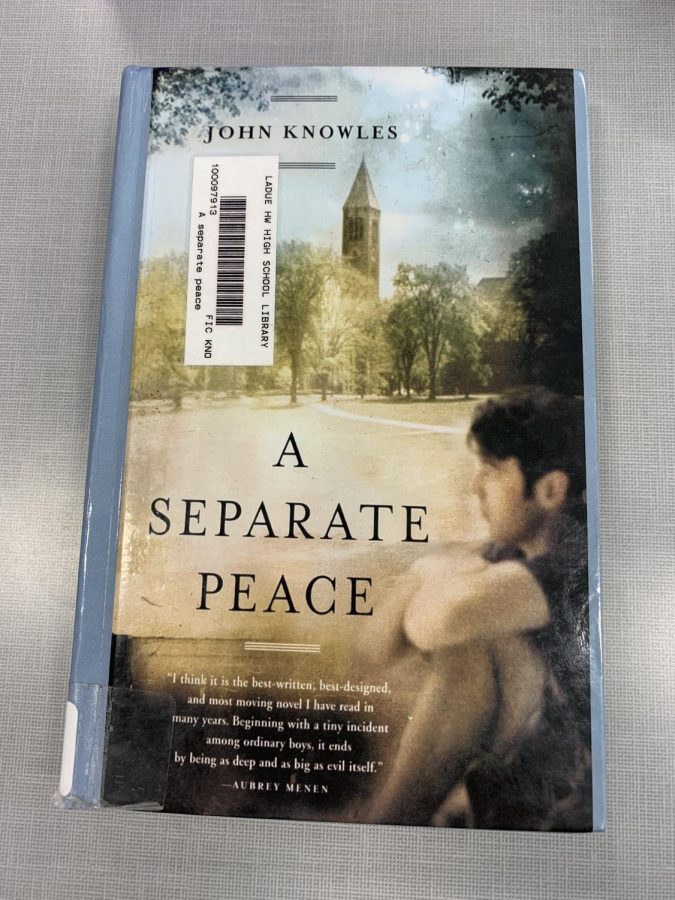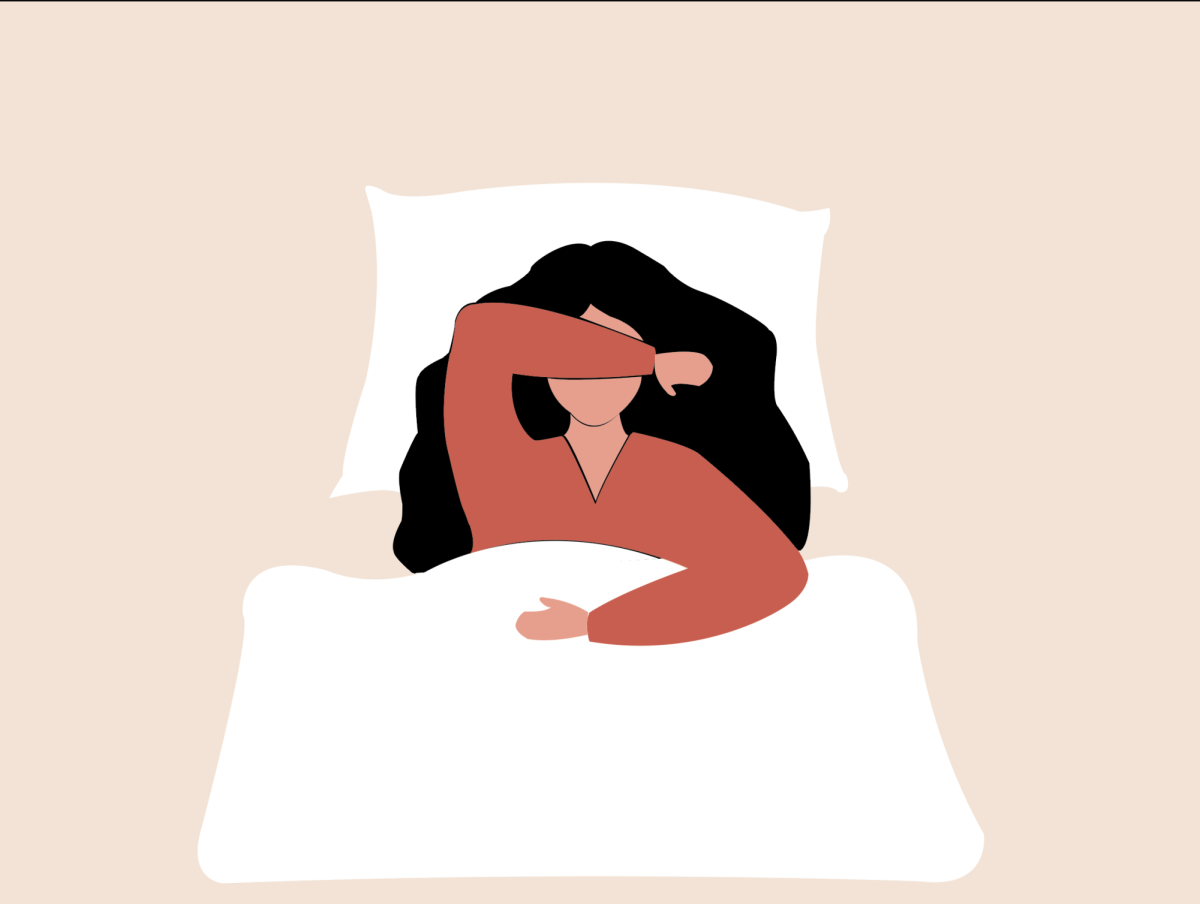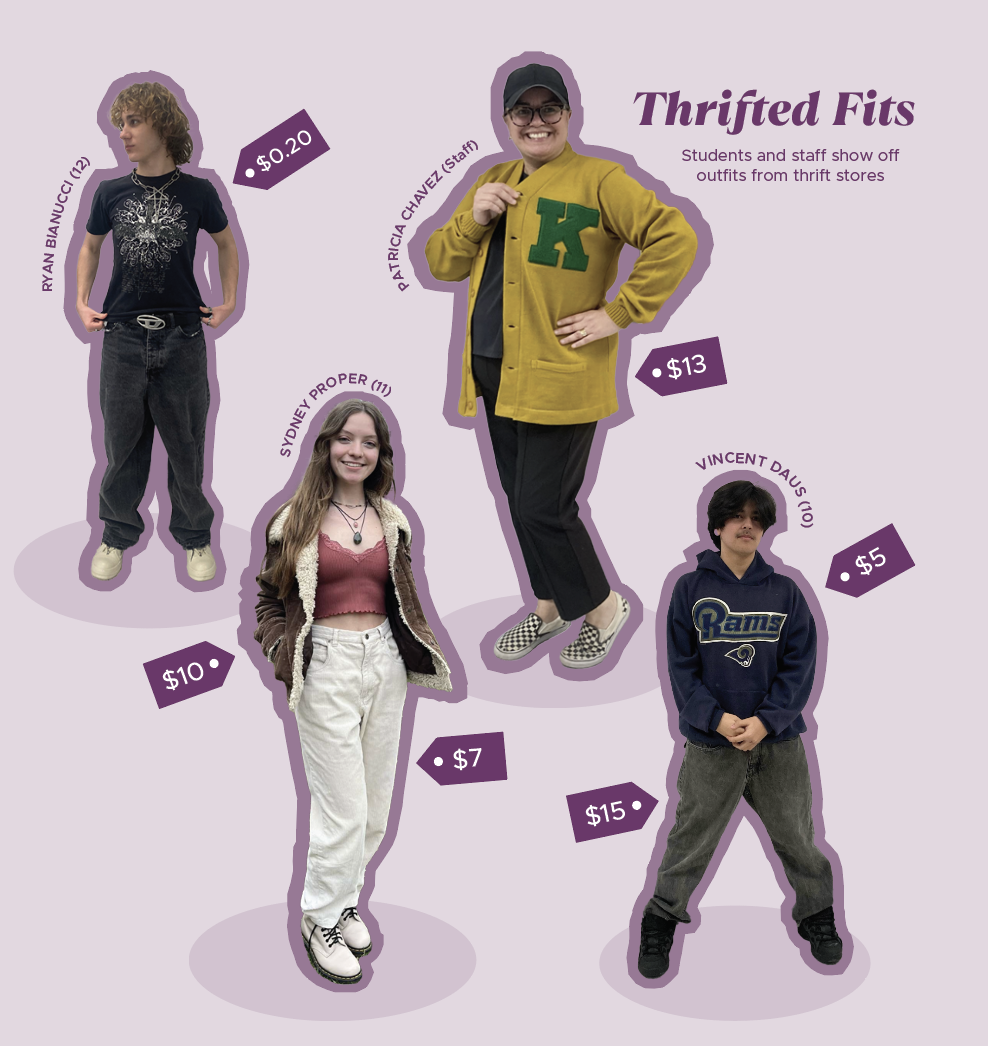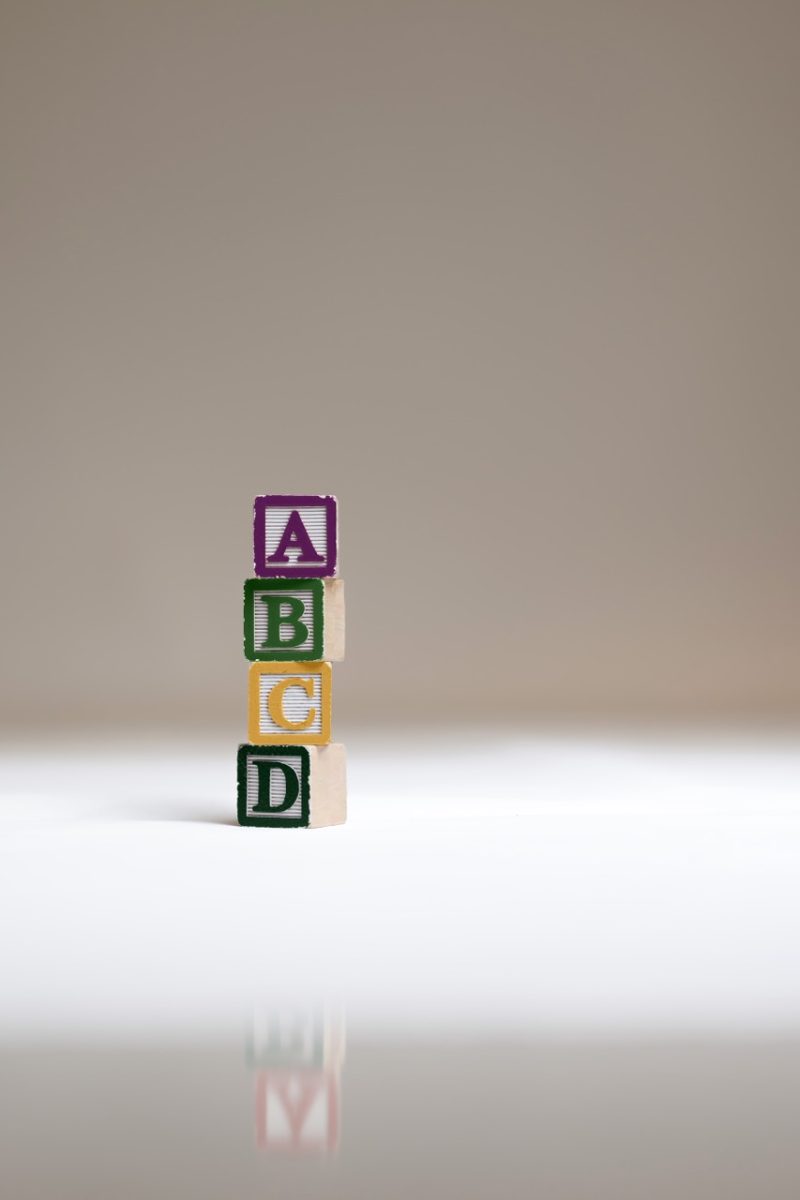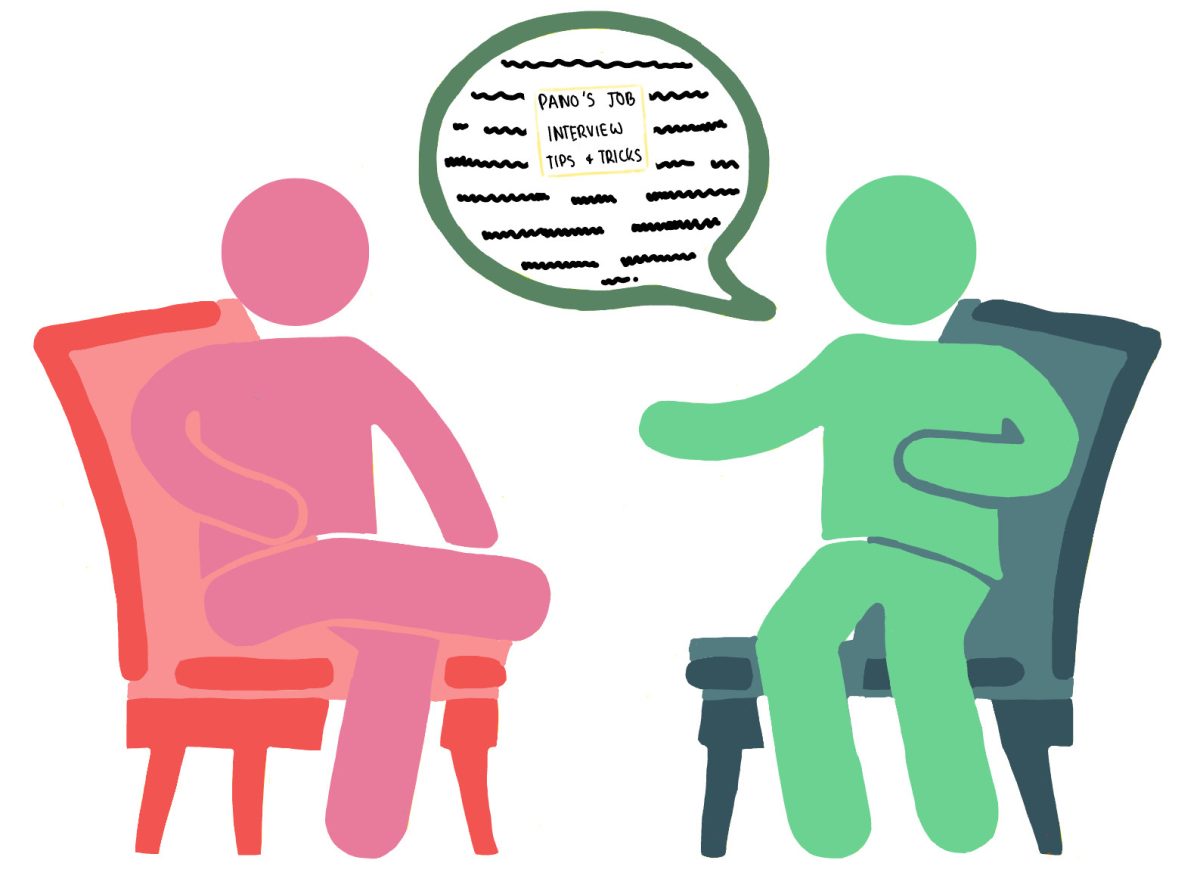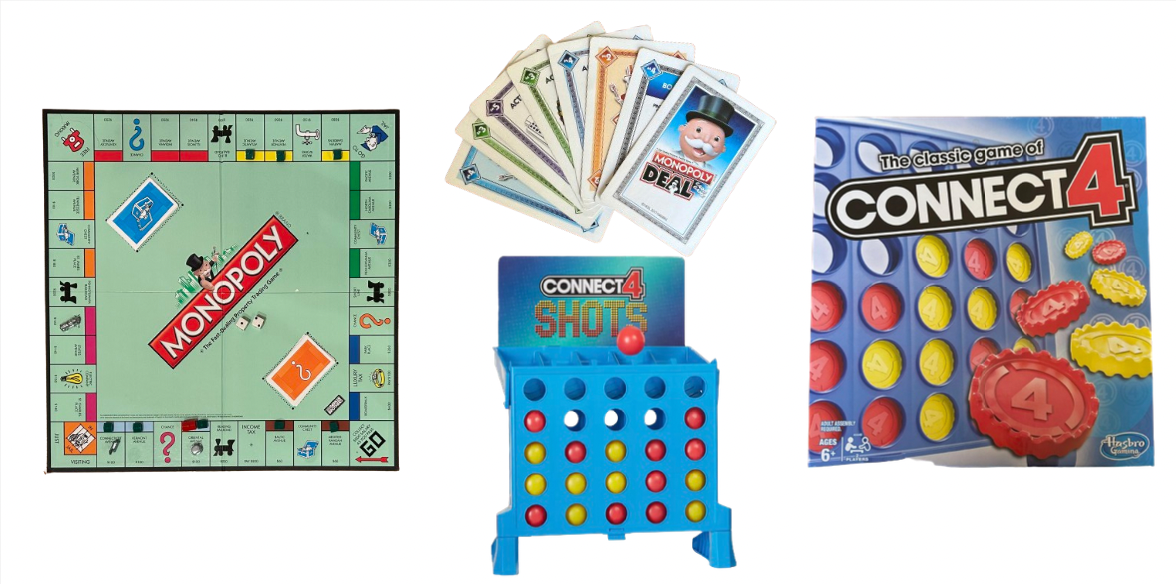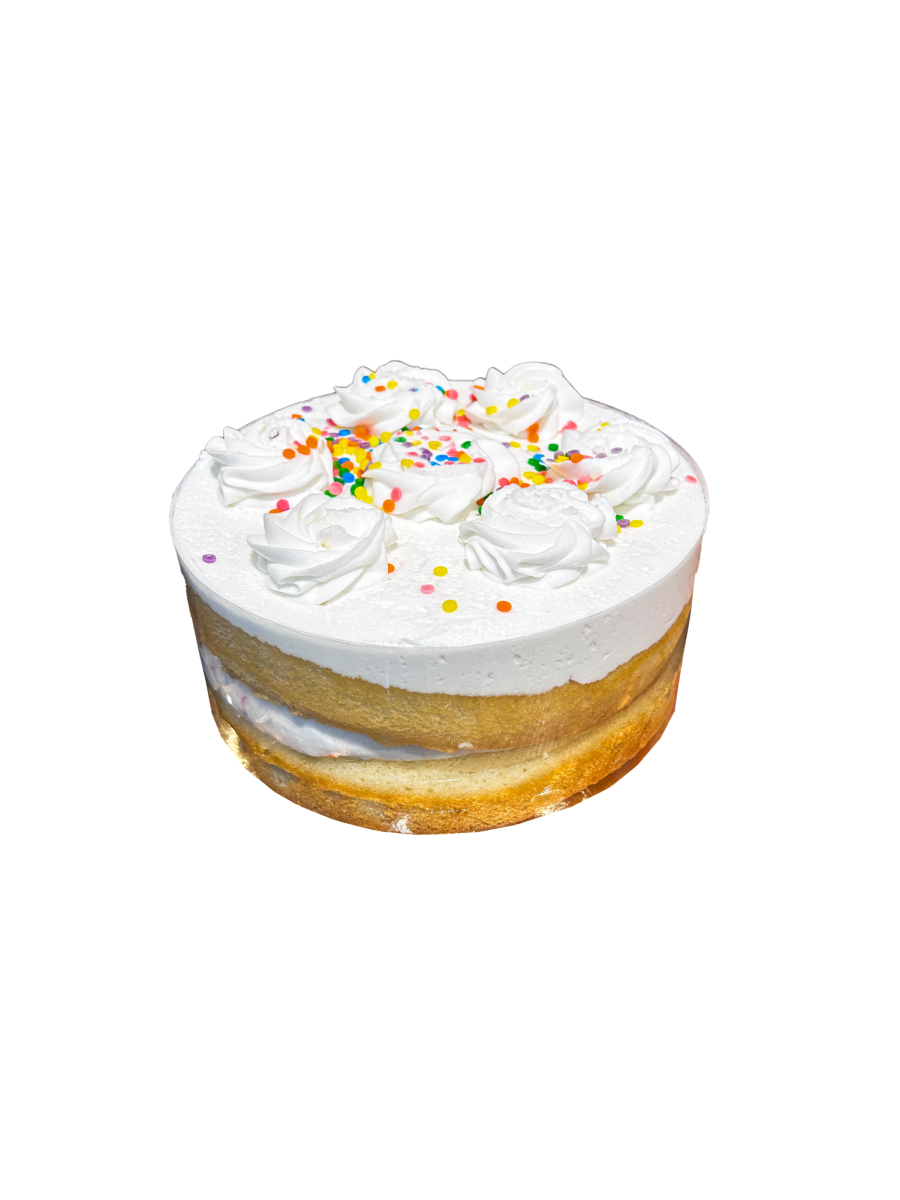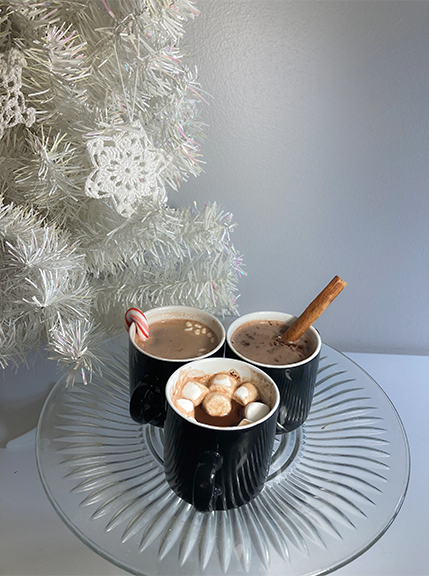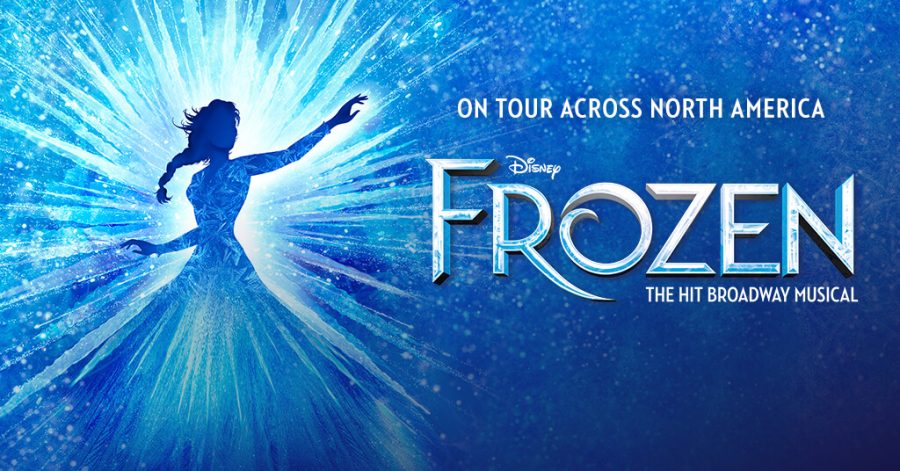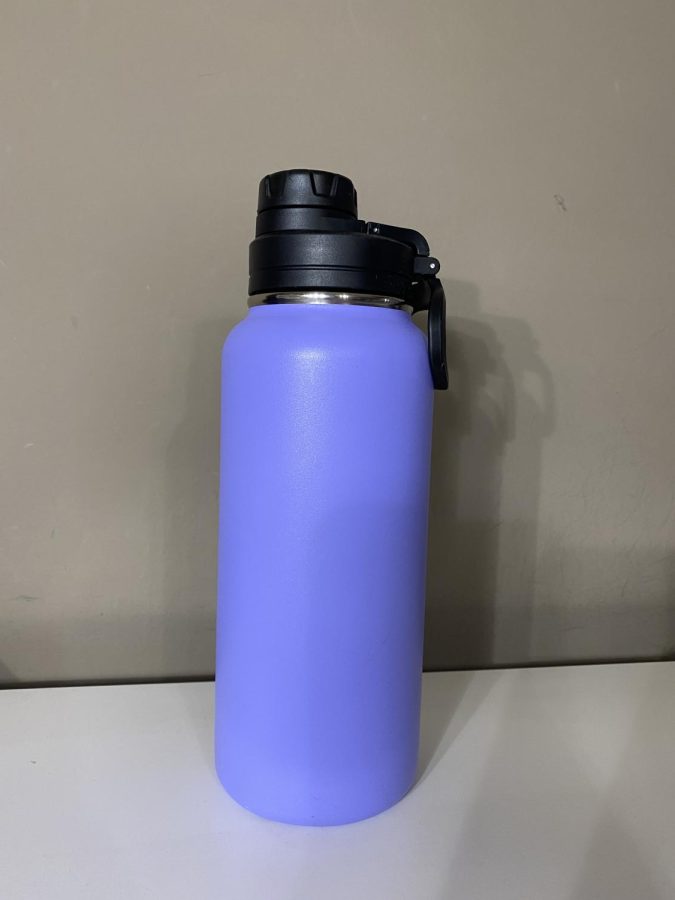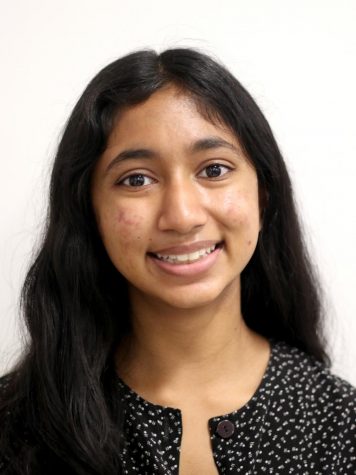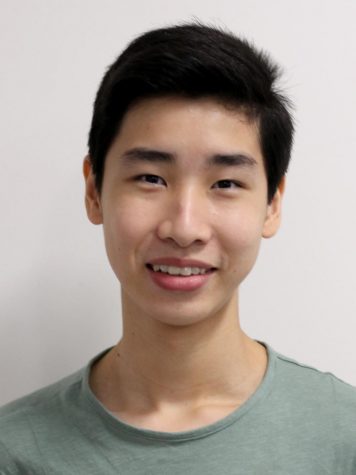If there are two things I don’t find remotely entertaining, useful or worth spending my time on in this world, it’s men and pretentiously-written 1900’s-era war fiction. Good thing the first book I was recommended was a pretentiously-written 1900’s-era war novel about nothing but men! (Seriously––now that I think about it, I can count possibly half a woman throughout the entire course of the novel. Maybe two halves.) When I checked A Separate Peace out from the library, I had to find two other books to sandwich it between because I was embarrassed to be seen with it, which I didn’t even do with my trashy rom-com AP Lit therapy book. Considering all this, I was pleasantly surprised when I started reading!
Set in a posh, vaguely-British-but-actually-New-England boarding school during the early World War II era, A Separate Peace follows the dynamic of friendship and rivalry between polar-opposite best friends Gene and Phineas, with the larger, implied question of what damage the war has done to teenagers who never once confront it. The plot itself feels like a classic, YA coming-of-age novel––albeit set back a few decades––in a way that neither emphasizes or distracts from the time period too much. If you’re looking for a suspenseful, plot-focused read that focuses on history, I wouldn’t recommend this book, but it does feel more realistic for current events to be the background setting to the characters’ lives, rather than the central conflict. I liked the easier, comfortable pace of the plot, and it felt like the kind of book that would be easy to pick up and read for a few minutes each night.
This is a pretentious 1900’s era war book, so of course, the characters had to be pretentious, too. Somehow, Phineas and Gene both manage to give off “I’m not like other girls” vibes despite having nothing in common. Phineas in particular was the walking definition of an ick. For anyone out there who might be asking, but Oviya, if there aren’t any women in this book, how on EARTH is this author going to stereotype and misrepresent them? Don’t you worry! The author chooses to make “handsome, taunting, daredevil athlete” Phineas a manic-pixie-dream-girl who breaks rules but in an attractive and mysterious ways, believes in fun, quirky things––for example, that the entire world freaking war is a hoax––and is somehow universally-loved despite being an impulsive jerk to literally everyone he knows. Despite how annoying I found the characters, I couldn’t stop reading because their relationships were so compelling. The main conflict of Phineas and Gene’s friendship was really interesting to watch, and the way all of the characters interacted felt realistic and well-executed.
Final thoughts:
Is this the most exciting book ever? Not really. Is the writing what I’d expect of a Philips-Exeter/Yale graduate who wrote a just-bros-being-pals book that’s definitely projecting a little? I mean… yeah. Does it pass the Bechdel test? Hell no. I could replace the women in this thing with a mannequin and find more signs of life, and we are not even going to talk about how people of color are mentioned quite literally once in 200 pages… in the context of giving one (white) character a racist nickname.
But A Separate Peace deserves more credit than I gave it when I sandwiched it away at the library this week. For those distasteful of typical, often-boring historical fiction that does certain tropes to death and feels more like a military history lesson than a narrative, I would recommend A Separate Peace––if you change the time period and genders, this could be a dramatic Mean Girls-eseque chick flick, a crime-focused mystery, or a sentimental YA coming-of-age book, and I think its focus on characters who aren’t directly impacted by the war is a perspective both interesting and not-often-explored. I will not be giving men a chance, but my mind might be changed on pretentious 1900’s-era war fiction.
Ryan’s response:
Is A Separate Peace the most exciting book ever? On the surface, probably not. But judging by the rate at which Oviya finished this book (200 pages in less than a day!), I would think differently.
When I first recommended A Separate Peace, I didn’t think it would pass over as well as it did. Oviya’s right: it’s not the most plot-centered novel ever written. When I first picked it up last year, my expectations were muted to say the least. After all, the life of two, white and affluent private school boys isn’t a story I actively seek out. But, Oviya is also completely wrong: the book is not pretentious. While yes, the lives of two, otherwise bland characters are dramatized against the backdrop of World War II, it isn’t pretentious. The author’s style is incredibly distinctive and incredibly compelling – it makes mere daily life with no captivating plot genuinely interesting to read.
Oviya’s commentary characterizes this novel in a rather unpleasant manner. A Separate Peace’s excitement depends on perspective. Is it packed with nail-biting action or hard conflict? Is it a hard hitting novel with profound commentary? No. This book doesn’t excel in its novelty or its plot. But don’t let it fool you. The book’s subtleties are executed to perfection – making it just as fascinating as any other exciting, 1900s war-era fiction. The character dynamics between Phineas and Gene are so incredibly well written that it’s difficult to put the book down. In fact, Oviya can attest to that fact.
A Separate Peace doesn’t just deserve more credit than a book sandwich: it deserves more credit than the reluctant praise Oviya gives. She may be unwilling to admit how much she enjoyed this book (again, finished in half a day of reading!), but it truly is a fantastic novel. It’s definitely not perfect: its white and male cover to back. But for some inexplicable reason, it truly is a magical read. So (I can’t believe I’m saying this) but be like Oviya: give this novel a chance, even if it is in a library book sandwich. You’ll find a much more beautiful novel than what it seems.

